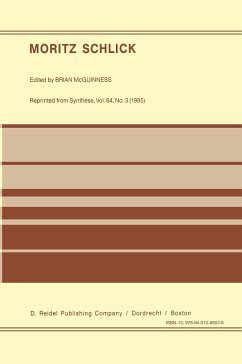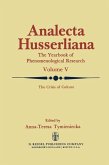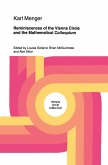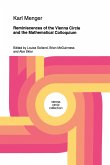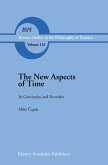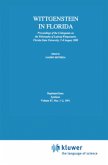The idea for this issue arose during a gathering of scholars to com memorate the hundredth anniversary of Moritz Schlick (1882-1936), the philosopher from Germany whose influence gave Austria its most characteristic philosophical voice between the two world wars. He was cut off, tragically, in his prime and while he escaped the exile that awaited most of those who thought like him, he was unable (sadly for philosophy) to continue to steer their thoughts in his own direction and he even lost some of the credit for work already done. Thus it seemed to some of his former pupils and to others more remote from him in the tra dition that a small collection of papers throwing light on his especial con tribution and on the extent to which it is still active or still needed today was a requirement of justice no less than of piety. Tscha Hung, a mem ber of the Vienna Circle and since director of the Institute for Western Philosophy at Peking University, was the chief mover here. Also amongthe contributors, Ludovico Geymonat (Professor at Milan) was a visitor to the Circle and a friend of Schlick. Henrich Melzer and Joseph Schlichter were Viennese pupils of Schlick's. The former died in the war of 1939-45, the latter is still prominent in the cultural and educational life of Israel.

